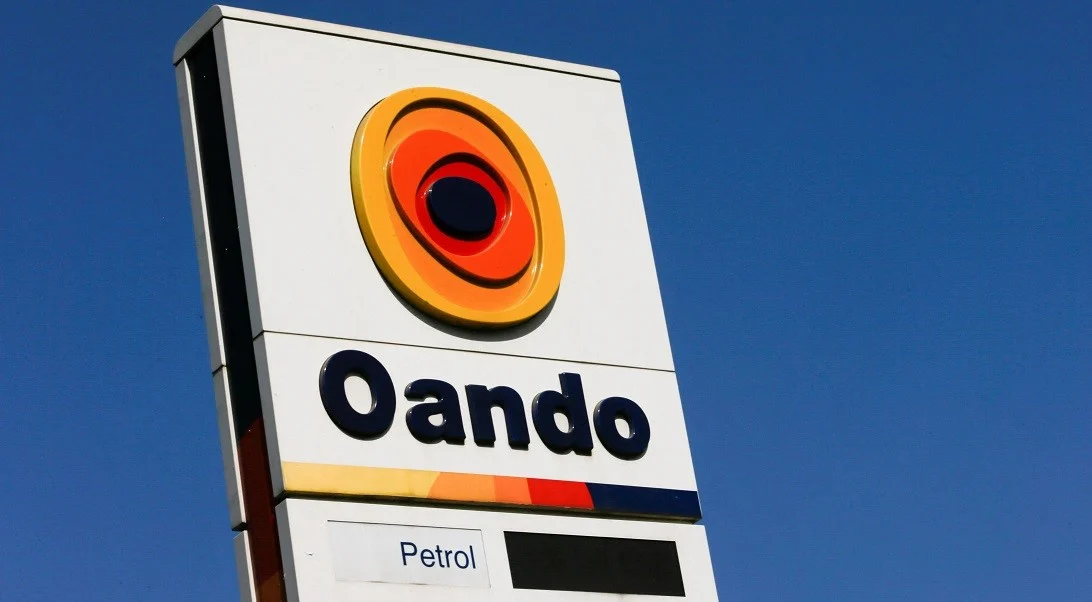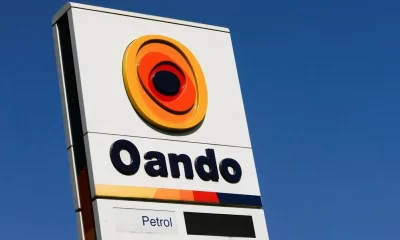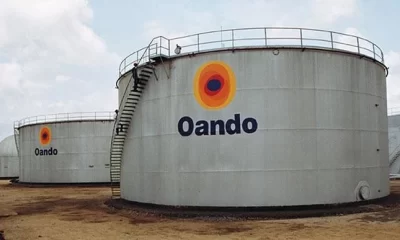The Nigerian Upstream Petroleum Regulatory Commission (NUPRC) says the divestment deal between Oando and Nigerian Agip Oil Company (NAOC) followed due process as provided by the Petroleum Industry Act (PIA).
In a statement by Olaide Shonola, the commission’s head of public affairs unit, on Monday, NUPRC said the commission needed to address concerns over the transparency of the recent divestments in the oil and gas industry.
On August 22, Oando said it completed the acquisition of Eni’s 100 percent shareholding in the NAOC for $783 million.
Reacting to the deal on August 25, Atiku Abubakar, former vice-president, asked the federal government to explain why Oando Plc, “owned by the president’s nephew,” received accelerated approval to buy the onshore assets of Agip and Eni while other transactions — such as the Shell-Renaissance and the ExxonMobil-Seplat deals — continue to suffer delays.
In February 2022, Seplat announced an agreement to acquire ExxonMobil’s 40 percent stake in Mobil Producing Nigeria Unlimited (MPNU) — with the expectation that the transaction would be closed in the second half of the year.
Also, on January 16, Shell said it agreed to sell its Nigerian onshore oil assets to Renaissance — a consortium of local companies formed by ND Western, Aradel Energy, First Exploration & Production (E&P), Waltersmith, and Petrolin — for over $1.3 billion.
Addressing Atiku’s claim, NUPRC said the divestments of NAOC to Oando and Equinor to Chappal Energies were conducted in accordance with the PIA 2021 and the commission’s standard consent approval process.
NUPRC emphasised that the approvals, including that of Seplat, were granted after thorough evaluations and due diligence reviews.
“The Commission wishes the public to be aware that the approvals given to the NAOC-Oando and Equinor–Chappal were in accordance with the Petroleum Industry Act (PIA) 2021, defined regulatory framework, and standard consent approval process set by the Commission under the PIA,” NUPRC said.
“To be sure, the consent to Oando and Chappal Energies were fulfilled according to the regulatory process.
“In respect of the NAOC Divestment, NAOC by a letter of May 16, 2023, notified the Commission of its intention to proceed with the divestment of participating interests in some of its oil and gas assets
“The Commission by a letter dated May 21, 2023, requested NAOC to provide information on the proposed assignee. NAOC by another letter dated July 24, 2023, notified the Commission that it had completed the technical evaluation of the companies shortlisted for the proposed transaction and submitted OANDO PNGCL and OANDO Coöperatief as qualified companies for the consideration of the Commission.
“The Commission by a letter dated August 9, 2023, granted approval to NAOC to proceed to the commercial stage of the transaction.
“Consequently, NAOC, vide a letter of November 7, 2023, made a formal application requesting the consent of the Minister of Petroleum Resources to the NAOC Divestment.
“In line with its processes, the Commission by a letter dated December 14, 2023, requested the information contained in the Commission’s due diligence checklist on the transaction and NAOC by a letter dated January 10, 2024, provided the information requested via the Commission’s letter dated December 14, 2023.”
Furthermore, NUPRC said NAOC obtained a waiver of pre-emption and consent to the divestment from NNPC, their partner on the blocks.
“To ensure due diligence, the Commission, working with reputable external consultants identified significant pre-sale liabilities inherent in the assets to be divested by NAOC and proactively devised measures to ensure that the identified liabilities are adequately provided for,” the regulator added.
‘EQUINOR-CHAPPAL FOLLOWED REGULATORY PROCESS’
Contrary to Atiku’s claim of an unduly delayed process for other deals, NUPRC said the Equinor-Chappal divestment followed the same regulatory process as the NAOC-Oando transaction.
However, NUPRC said on a comparative basis, “MPNU through a letter dated February 24, 2022, notified the Commission of its intention to assign 100% of its issued shares to Seplat Offshore Energy Limited. The Commission did not consent to this assignment because MPNU failed to obtain a waiver of pre-emption rights as well as the consent of NNPC, its partner on the blocks to the divestment”.
“It is worth pointing out that NNPC’s right to pre-emption and consent under the NNPCL/MPNU Joint Venture Joint Operating Agreement was the subject of Suit No: FCT/HC/BW/173/2022 Nigerian National Petroleum Company Limited versus Mobil Producing Nigeria Unlimited, Mobil Development Nigeria Inc., Mobil Exploration Nigeria Inc. and Nigerian Upstream Petroleum Regulatory Commission,” NUPRC said.
“In June 2024, NNPC and MPNU resolved their dispute with NNPC, and MPNU, by letter dated 26 June 2024 informed the Commission of the resolution of the dispute.
“Upon resolution of this dispute, the commission communicated its no-objection decision to the assignment via a letter dated July 4, 2024 and requested MPNU to provide information and documentation required under the commission’s due diligence checklist to enable the Commission conduct its due diligence as required under the PIA.”
NUPRC said the divestment by MPNU to Seplat is also currently undergoing the same consent approval process and is expected to be completed within the 120-day timeline provided by the PIA.

 News3 years ago
News3 years ago
 Entertainment2 years ago
Entertainment2 years ago
 Privacy3 years ago
Privacy3 years ago
 News3 years ago
News3 years ago
 Sports3 years ago
Sports3 years ago
 Entertainment3 years ago
Entertainment3 years ago
 News3 years ago
News3 years ago
 Opinion3 years ago
Opinion3 years ago














